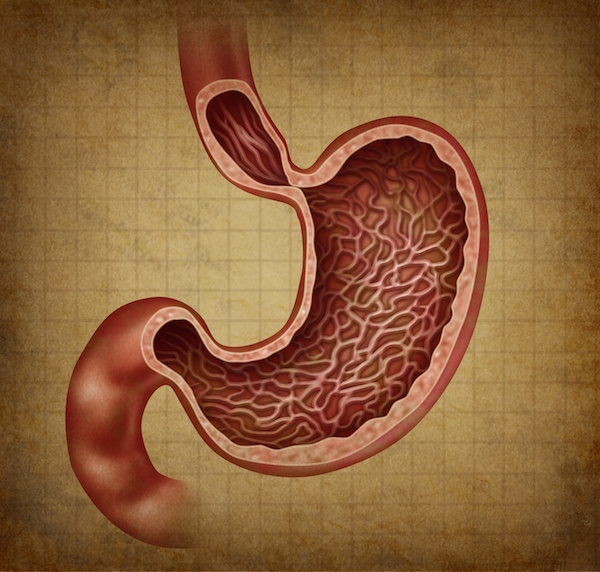
THURSDAY, Dec. 3 (HealthDay News) — A new drug to treat hepatitis C has shown promise in a primate study.
The drug, called SPC3649, uses a new strategy to prevent the hepatitis C virus from replicating. Unlike other antivirals that target the virus itself, the new DNA-based drug targets a small RNA molecule in the liver that hepatitis C needs to replicate, the researchers explained.
By inhibiting the molecule, SPC3649 reduced hepatitis C virus levels in the liver and in the bloodstream in chimpanzees that received the highest dose by 350-fold.
Importantly, the virus showed no signs of resistance to SPC3649, developed by the Denmark-based company Santaris Pharma A/S. And levels of the virus remained low several months after the chimps had ended treatment, raising the possibility that the medicine would only need to be taken temporarily, the researchers added.
“It is a conceptually new approach. Instead of directly targeting the virus, the drug targeted a liver-specific molecule necessary for replication,” said study author Robert Lanford, a scientist at the Southwest Foundation for Biomedical Research in San Antonio, Texas. “If we take that away from the virus, it can’t replicate anymore.”
Viruses replicate inside cells. Like small factories, they require all of the “machinery” inside the cell to accomplish this, explained Lanford. “The beauty of this drug is it takes away the host factor that the virus needs to replicate, and the virus cannot gain a mutation that allows it to be resistant to it.”
The study appears in the Dec. 3 online edition of Science.
Hepatitis C, which is spread by contact with the blood of someone who is infected, infects the liver. About 70 percent to 80 percent of those with the virus have no symptoms initially, according to the U.S. Centers for Disease Control and Prevention. But over time, between 60 percent and 70 percent will develop chronic liver disease. Eventually, the virus can cause enough damage to the liver to lead to the formation of scar tissue, and eventually cirrhosis. The virus can also cause liver cancer.
There are about 170 million people infected with hepatitis C worldwide, according to background information in the study. Many don’t know they have it.
The standard treatment is a two-drug cocktail of interferon, which makes the immune system more effective in eradicating the virus, and ribavirin, an antiviral, which cures about half of those infected, said Dr. Bruce Bacon, director of the division of gastroenterology and hepatology at Saint Louis University and co-director of the Saint Louis University Liver Center.
However, the side effects can be grueling, including flu-like symptoms, fatigue, depression and low white blood cell counts. Some patients have to be on the drugs for about six months, while some need about a year of treatment to kick the infection, Bacon said.
For those who don’t respond to the two-drug cocktail, there are few options, Lanford said. Blacks are more likely to be among those in whom the treatments do not work, possibly due to genetic factors, Lanford noted.
SPC3649 may one day replace interferon, or be combined with the other drugs to augment it, Lanford said. Some evidence indicates it may work in those who don’t respond to interferon. In the study, researchers gave four infected chimps SPC3649 intravenously for 12 weeks.
While the findings are exciting, the study involved only four chimps and there’s a long way to go before this drug is ready for humans, Bacon said.
“What they have shown is successful reduction in the virus and no clear evidence of resistance, which are two of the major principals that need to be achieved with new therapies,” Bacon said. “But what they have to prove now is whether this is a durable response. If you take the drug away, does the patient relapse.”
Secondly, better treatments for hepatitis C are on the horizon. Phase 3 trials for two new protease inhibitors are wrapping up. The drugs have the potential to increase the cure rate to 70 percent to 80 percent when added to the two-drug interferon/ribavirin cocktail, Bacon said.
“The bar over which new discoveries much leap is that they have to have a better cure rate than the 70 or 80 percent we are going to see inside of two years,” Bacon noted.
Phase 1 clinical trials for SPC3649 in people without hepatitis C are underway, Lanford said. Phase 2 trials in patients with hepatitis C should begin next year.
More information
The U.S. Centers for Disease Control and Prevention has more on hepatitis C.

